The 35th ordinary session of the Human Rights Council is taking place in Geneva. The human rights situation in Burundi will be studied from 14 to 15 June. The commission of inquiry into the situation in Burundi since 2015 will submit the second oral report to the council. The Burundi Government has not been represented.
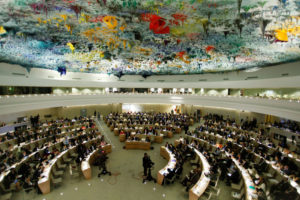
Human Rights Council
“After analyzing the first oral report of the Commission of Inquiry on Burundi submitted during the previous session held in March 2017, the Government notes that this is an extension of the biased and politically oriented reports,” said Martin Nivyabandi, Minister of Human Rights, on the eve of the holding of the 35th ordinary session of the Human Rights Council.
He stated that the Government had refuted the untruths contained in the various reports of the Commission of Inquiry and its partiality. “The objective of these reports is apparently trying to incriminate the civilian, military and police authorities as the perpetrators of human rights violations in Burundi,” according to Nivyabandi.
He also said that the commission of inquiry was set up by the European Union forcing, contrary to the practices of the Human Rights Council, which favors consensus in the adoption of a resolution on a country.
“The commission has no raison d’être because it is not going to bring new elements,” said the Minister.
Armel Niyongere, a human rights activist invited to Geneva, believes that the report to be presented by the Commission of Inquiry will show the international community the crimes committed in Burundi. “The commission of inquiry will demonstrate that the crimes against humanity which continue to be committed must be prosecuted by international courts.” the Burundian justice never wanted to prosecute the perpetrators of these crimes, according to him,
Before the Human Rights Council in March 2017, the chairman of the Commission of Inquiry to investigate human rights violations committed in Burundi since April 2015, Fatsah Ouguergouz, said that the Burundian authorities had refused to collaborate with the Commission which he chairs.
Speaking in the context of an oral report, Ouguergouz expressed his concern about the seriousness and the scale of the allegations of human rights violations in Burundi and the restrictions on civil liberties that persist in the country.
“According to the information we received, violations of the right to life and physical integrity of the person persist in Burundi, even if by 2015 they appear to be committed in a more clandestine manner or to take new forms,” said Ouguergouz.

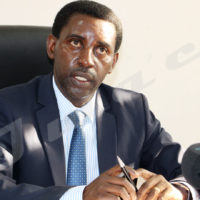
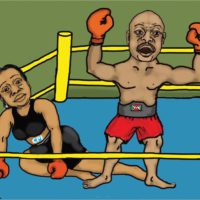
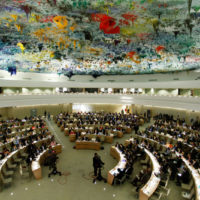
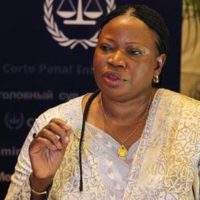
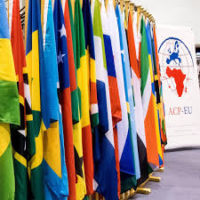













 IWACU Open Data
IWACU Open Data

